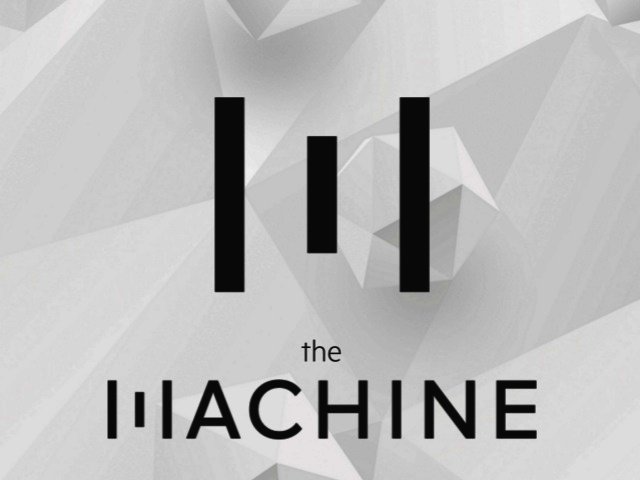HP's The Machine delivers proof-of-concept in memory-driven computing
By Robin-Leigh Chetty 29 November 2016 | Categories: news
The Machine by HP is not only an ambitious research project, it's also rather complex. Without trying to dumb down the company's efforts, it essentially boils down to the idea of using a combination of memory and photonic (light-based) data links to complete more computing tasks than the conventional processor-driven method.
Until now, it's remained an idea, but this week HP successfully conducted a test that confirms The Machine's proof-of-concept when it comes to memory-driven computing. The milestone is so significant the company stated that it can, "transform the fundamental architecture on which all computers have been built for the past 60 years."
The proof-of-concept prototype, which was brought online in October is the first step in a larger plan for HP. Right now, it requires far more nodes and memory to reach the computing potential that the company have been theorising, but HP is confident it can do so. During simulations during the prototype phase, HP found its memory-driven computing to be "multiple orders of magnitude" faster than its conventional PC counterpart, measuring up to 8000 times quicker in certain cases.
As such, this proof-of-concept by HP could be as big a game changer in terms of computing power as the company is touting. At the moment, however, no timeline has been set out for when a functional real-world offering will see the light of day. Click on the video below to see HP's engineers talk about The Machine's latest proof-of-concept test.
Most Read Articles

Have Your Say
What new tech or developments are you most anticipating this year?



